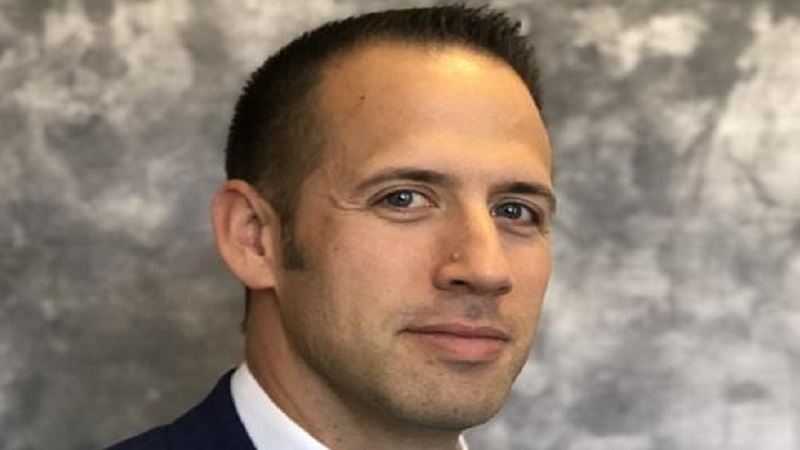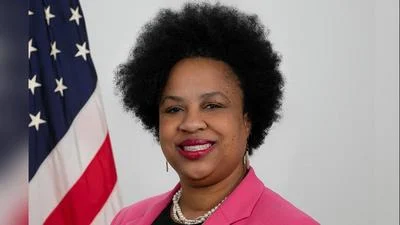Chris Ingstad | ITR
Chris Ingstad | ITR
Property tax dollars collected by cities and school districts are outpacing population growth and student enrollment, according to Iowans for Tax Relief (ITR).
“The growth of county government or county property tax dollars has typically been much more in line with the population,” Chris Ingstad, ITR president, said. “In fact, there's a number of instances where the population of a city or enrollment in the school district declines, and yet those property tax dollars, keep going up and up and up.”
Part of the problem, according to Ingstad, is the tendency to draw money from the taxpayer rather than managing expenses.
“A good example of that is early in the COVID pandemic when local revenues took a hit through loss of sales tax and hotel tax, city leaders talked about what they would need to do to find new revenue streams rather than finding a way to tighten their belts or trim some spending where they could,” he said.
Among cities with the highest property tax increases are Bettendorf at 27.9%, Marion at 33.4% and Urbandale at 30.6%. Cities with the lowest property tax increases include Waterloo, Davenport and Cedar Falls, according to ITR data.
“Folks don't have a choice on whether or not to pay their property taxes,” Ingstad told the Hawkeye Reporter. “They've got to send that money to the government every year and if that's taken a progressively bigger and bigger chunk of their budget, they've got to cut things elsewhere and do without elsewhere. Frankly, it’d be nice if some of our local governments took that approach instead of just turning to the taxpayer for more and more money.”
ITR data reported that while the Waukee School District raised property taxes by 67.7%, the Iowa School District raised its taxes by 40.5% and the Johnston School District raised its taxes by 42.9%.
“We're a member-driven organization and property taxes are what we hear about from our members more than any other issues, so we want to educate and inform our members and all Iowans and let them essentially work it out with their local officials,” Ingstad said.
Although a property tax transparency bill passed the Iowa Legislature, which the governor signed, 2020 is the first year it has taken effect.
“We hear from so many members about their uneasiness or their unhappiness about their local property taxes that those conversations must not be taking place,” Ingstad said in an interview. “It's required in their budgeting process and if the budget grows by a certain amount, they have to state the reason why. Budgets are set right about the time that COVID-19 all started.”
While Iowa has only been mildly impacted by COVID-19 compared to states like Texas and California, the pandemic distracted taxpayers from the methods that cities and school districts use to disclose their budget, such as posting on their website and social media, according to Ingstad.
“A lot of citizens understandably didn't catch that disclosure,” he said. “I don't think that cities or school districts were necessarily hiding anything. I think people just missed the additional disclosure given all that was going on early this spring.”






 Alerts Sign-up
Alerts Sign-up